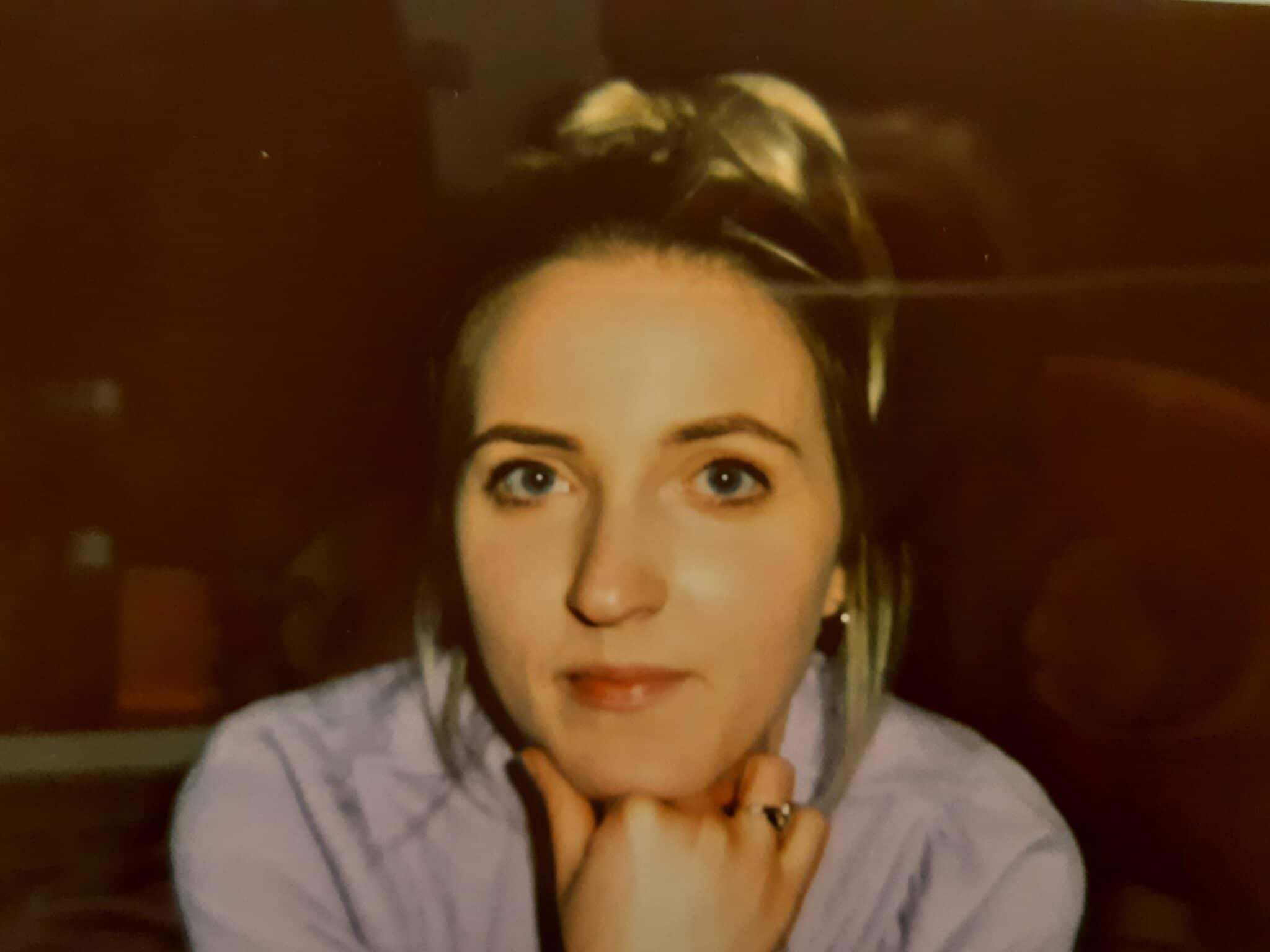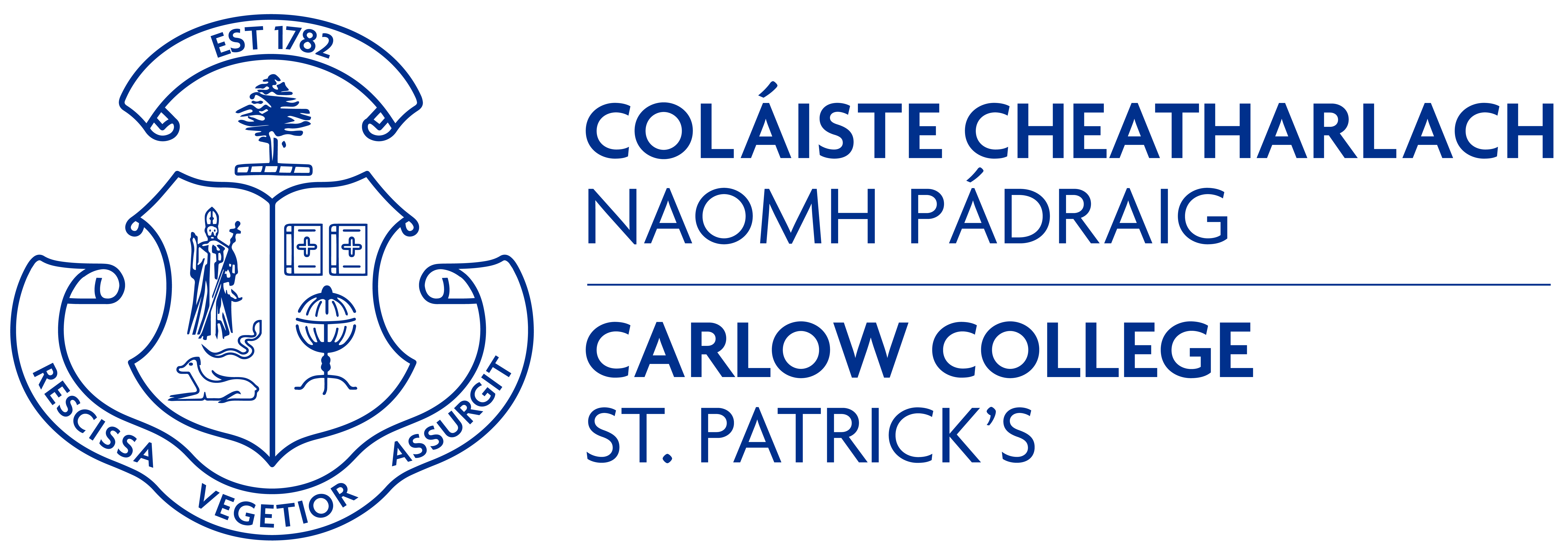Students on the new Higher Diploma in Journalism and New Media Content have published the first edition of College Life, a new college magazine containing news reports, features and interviews on life in Carlow’s two Higher Education Institutions – Carlow College and IT Carlow.
As part of the production of the magazine, students on the course had to raise revenue through advertising and work as a team to divide up the responsibilities for all production aspects of the magazine. The production of this magazine forms part of the assessment on the programme and gives students real working experience in the generation of content and production of news and features for publication.
The magazine is available to download here.
The Higher Diploma in Journalism and New Media Content programme is a joint offering from Carlow College and IT Carlow, and was supported with funding by Carlow Kilkenny Skillnet.
Included in the magazine is a feature article from Carlow College graduate, Nicole Burke who reflects on her time at Carlow College.
Why Ideas Matter (and why Carlow College does, too)
By Nicole Burke
 Along the path that borders the football field, so alive with cheers and yells, is a place of quiet reflection. It is a little burial ground, the final resting place of the earlier presidents and former staff members – some who were initially students – of Carlow College, St. Patrick’s. The college was established in 1782, but did not yet open its doors to students until October 1793. The stone steps leading into the building have since been recast again and again over the past 200 years by the feet of future priests, scholars, teachers and care-workers.
Along the path that borders the football field, so alive with cheers and yells, is a place of quiet reflection. It is a little burial ground, the final resting place of the earlier presidents and former staff members – some who were initially students – of Carlow College, St. Patrick’s. The college was established in 1782, but did not yet open its doors to students until October 1793. The stone steps leading into the building have since been recast again and again over the past 200 years by the feet of future priests, scholars, teachers and care-workers.
The college’s motto is the Latin phrase Rescissa Vegetior Assurgit which means ‘That which has been cut back burgeons forth more abundantly.” Of course, at the time it was conceived this was a reference to church teachings; one cannot separate the founding of Ireland’s first Catholic college from its emergence from the period of the Penal laws. After all, as one learns early in the philosophy lecture hall, no philosophy was ever born in a vacuum.
When thinking about the rich history of Carlow College, and the wildly different categories of students that attended the place throughout the years, I am struck by something Fr. Michael McCarthy, the late poet-priest, and former student of Carlow College, said in conversation back in 2017. We were talking about his time as a young student compared to his latest experience as the first writer-in-residence. He said that the institution had ‘both changed and remained the same … I was a student during the height of Catholic Ireland. Now, lay-students attend Carlow College, and they bring a different outlook with them. Their focus is different, but their humanity is the same. There is an underlying spirituality there, but it is expressed in a different way.’
Humanities is a discipline often viewed as the misfit among the more popular STEM subjects. It is the bohemian maverick overlooked in favour of the sciences, information technology and business management. It is under threat now more than ever in this era of ever-deepening neoliberalism where if something does not have an explicit marketable quality then it will not survive for very long. One could argue that on some level Carlow College embodies this quality, as its prestige can be often overshadowed by its larger counterpart, IT Carlow.
The humanities comes from the Latin term studia humanitas, and simply means the study of humanity. Of course, ‘humanity’ is such an extensive term, and this lends the discipline its very best qualities: how broad it is; how collaborative and multivarious. The humanities not only functions sufficiently as preparation to enter the workforce, but inspires to think outside of it. It provokes creativity and insight. Essentially, it is a well-spring to quench the insatiable human need to know. President Michael D. Higgins’ wrote in his book of essays, When Ideas Matter, that ‘we need to create the capacity to understand, critique and offer options and alternatives to changes [of our times], ones that will sustain and deepen democracy.’ Study of the humanities aids us in this continuous endeavour.
During my time in Carlow College, there was always cooperation between the different programmes. Whether one studied Arts and Humanities, English and History, Citizenship and Community Studies, or Social Care – these were all an expression of humanities values in some way. We all mixed and got along; there was an tireless spirit of interdisciplinarity and openness in every aspect of life in Carlow College.
I didn’t follow the prevalent path from secondary school to third level education. My route went from a mediocre leaving cert to selling petrol and bags of smokeless coal to the often irascible general public. From the window overlooking the forecourt littered with cans of Red Bull and the smell of parfum de gasoline, I would notice the bus stop across the road where college students got on the JJ Kavanagh bus to Maynooth university every morning. I always felt a spasm of jealousy, and after two years of pining I decided to fill out the intimidating CAO form one night in secret. I had no idea what I wanted to do, but I was always good at English in school. When I happened upon the B.A in Humanities in Carlow College and skimmed the English modules, I entered it on the CAO as my only option.
However, having never been to Carlow before, and being aware of only the Institute of Technology, I spent the whole summer telling people that I was starting in IT Carlow that following September. You can imagine the shock on my face when Google Maps led me to the 200 year old grounds of Carlow College, St. Patrick’s.
While English literature was my first love, philosophy is the one that will stay with me. I remember sitting in my first philosophy class, not knowing what to expect, and in comes Dr Noel Kavanagh like a tempest, somehow simultaneously destroying every certainty we’d ever held dear while helping to create new foundations for ways of knowing. It’s safe to say that all past, present and future students of his will never forget the contagious and fervent devotion that he feels for philosophy, Carlow College and every single undergraduate who had and has the privilege of sitting in front of him.
The small, tight-knit community nurtured by Carlow College means that every student has their opportunity to shine, and has a chance to connect with each other and the lecturers in a way that just does not happen in bigger institutions. When I graduated from Carlow College and moved on to Trinity College, the culture shock was staggering, and I’m not above admitting that I struggled greatly in those first few months.
In Carlow College, there were no cracks to fall through, and there was always someone there to believe in you.
In a recent chat with a fellow alumna about our undergraduate experience she said, quite poignantly, ‘Carlow College was and still is a home away from home, and a family away from family. I really couldn’t have asked for a better college experience than the one [Carlow College] St. Pat’s had to offer…’ I couldn’t have put it better myself.
In this age of disinformation, misinformation, deep fakes, conspiracy theories, opinion pieces presented as facts, etc., we need more than ever to cherish the skills of critical evaluation, objectivity, community and care-giving. At a point when societies and governments are looking to the past for the answers in an attempt to “take back control” or to be “great again,” now more than ever we desperately need those with a pioneering vision and the will to take a strong step forward. This is what the humanities equips us to do.
To cite an oh-so apt quote from Dead Poets Society delivered by Robin Williams, ‘…medicine, law, business, engineering; these are noble pursuits and necessary to sustain life. But poetry, beauty, romance, love; these are what we stay alive for.’ These values flourish in the fecund greenery of Carlow College. In his posthumously published memoir Like a Tree Cut Back, Fr. McCarthy wrote of the college that ‘I had loved Carlow College from the day I entered it. That love had stayed with me throughout my life.’ Many of us who have passed through the college would agree.
